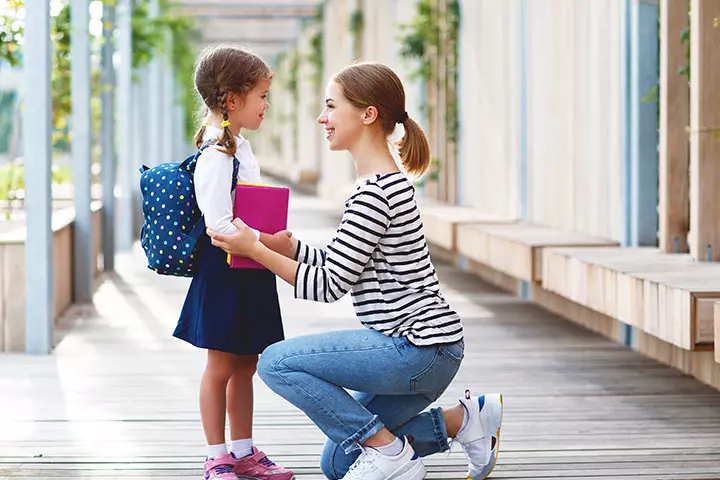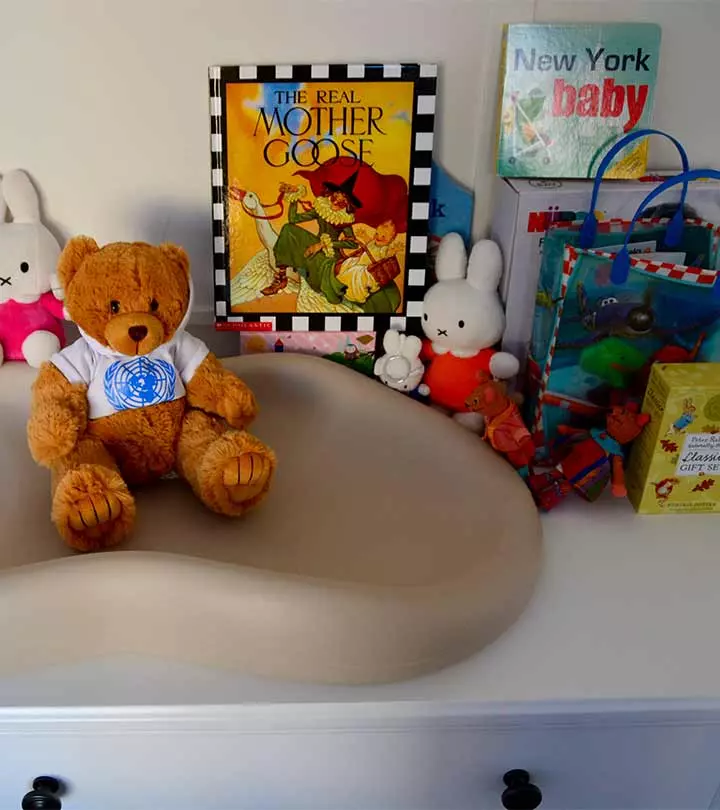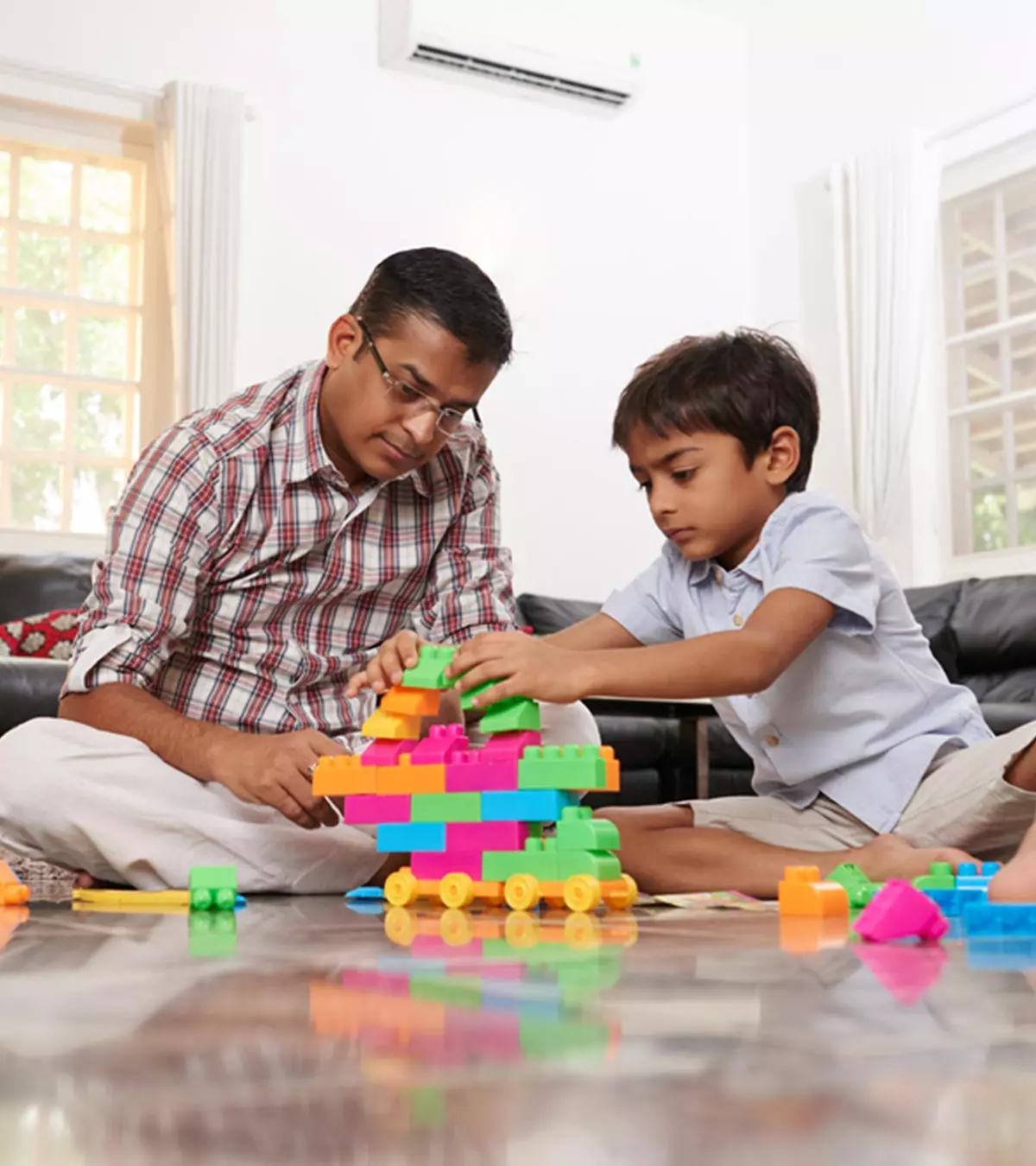

Image: Shutterstock
Parenting is a tough job for sure. In this complex world, it becomes difficult to raise good human beings. And, every parent wants to teach their kids the importance of morality and good behavior. So, what do we do? The first step is to understand that kids function in a manner much different from adults. If we make an attempt to understand a child’s psychology, we will be able to decipher his/her words and actions better. And, in turn, this will help us become better at parenting.

The growing concern to raise the kids to become good human beings has resulted in many Harvard psychologists taking notice. Here, we bring you some tips by these genius psychologists themselves to help you out (1):
1. Treat Your Little One Right
Image: Shutterstock
One important thing to understand is that your kids are a blank slate. And, at a young age, much of what they learn is from you. So, it is essential to treat them with respect and care. Also, when your kids feel the love, they feel even more strongly attached to you. And, this attachment helps them become more accepting of the lessons and values you may teach. You can express your love in different forms, be it tending to their physical or emotional needs. You can also show a genuine interest in their individual personalities and talk about stuff that makes a difference.
2. Be The Person You Want Them To Be
Image: Shutterstock
As we discussed earlier, children learn moral behaviors and values by looking at their parents and other adults they respect. So, the best way to teach your kids is by showing it to them. Walk the talk and enjoy as you see them evolve with you. The most important things to keep in mind is – to be honest, fair, and manage negative emotions effectively. Also, it is essential to show humility. If you commit a mistake, accept and work on it. The more you expose them to such beautiful traits, the more you will observe them adopt the same in their lives.
3. Show Them How Caring For Everyone Is A Priority
Image: Shutterstock
It is vital for kids to hear their parents talk about how caring for other people is a priority. Let your kids know how it is as essential as your own happiness and joy. Also, ensure that you set up an appropriate ethical expectation for them. Hold them accountable for things such as staying true to a commitment, doing the correct thing even if it is not easy, being fair and just, among others.
4. Give Them Opportunities Where They Can Practice
Image: Shutterstock
Kids also need to learn how to practice values such as gratitude and care in day-to-day life. It is essential that they learn how to appreciate people who make a difference in their lives. If someone expresses gratitude, there are more chances of them being generous, helpful, forgiving, and compassionate.
5. Expand Their Horizon
Image: Shutterstock
Almost all kids naturally learn how to empathize with their immediate inner circle that includes their parents, relatives, and close friends. The challenge comes when they need to show the same empathy towards someone who doesn’t belong to that inner circle. So, try and expand their horizons. Maybe, introduce them to a new kid in class who speaks another language or is from a far-off place.
6. Teach Them Ethical Thinking
Image: Shutterstock
Little ones are naturally curious souls and ask a lot of ethical questions. The answer to these questions helps them figure out the importance of being fair, just, or loyal. Also, they are even interested in taking up important roles to bring about a positive change in their surroundings. You may have noticed many little ones speaking about the cruelties of bullying. First and foremost, encourage these initiatives. Also, help them understand their own personal ethical dilemmas, which will eventually strengthen their positive decision-making abilities.
Do you have any other tip in your mind? If yes, please do let us know in the comments section below! Happy parenthood!
Community Experiences
Join the conversation and become a part of our nurturing community! Share your stories, experiences, and insights to connect with fellow parents.


















